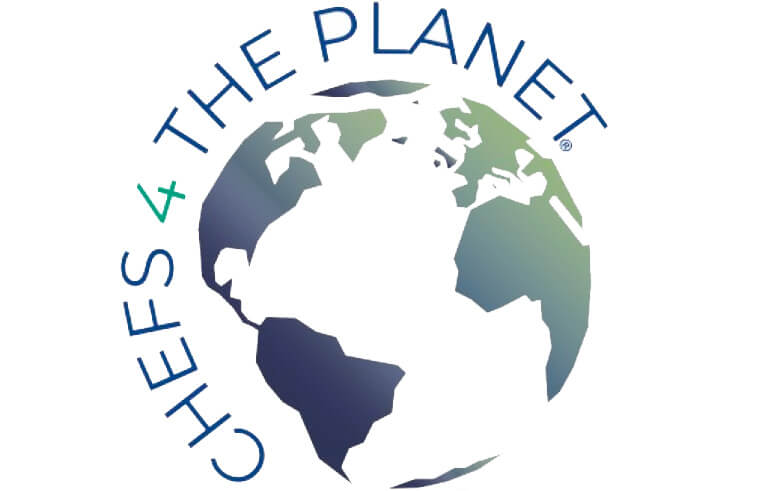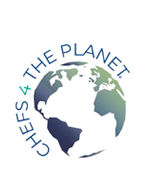Plant-based “meat” is all the rage. But is it just a fad? In this edition, The Next Normal peers into the future of meat and protein consumption.
What’s ahead in the evolving meat and protein market? Four McKinsey experts, Jordan Bar Am, Tamara Charm, Joshua Katz, and Liane Ong ponder and predict.
What’s driving consumer demand?
Liane Ong: I think the motivations for why people are eating alternative proteins differ. If you think about the US, what you see as a primary driver is health. Environmental concerns, animal welfare, et cetera, are drivers that people list but are secondary concerns. If you go to the UK, that order of priorities—why people want to eat less meat and want to eat alternative proteins—reverses. I think in Asia, there is much more of an acceptance, more broadly, of alternative proteins. For centuries, populations within Asia have been eating plant-based proteins, and so the drivers there are different.
Tamara Charm: Ninety-five percent of people we studied in a qualitative study said that health was one of the primary reasons—and over two-thirds said that it was the primary reason—that they were eating alt protein. I think another thing that was surprising is, when you look at what they’re substituting for—and what they’re eating less of—to eat more alt proteins, it’s not red meat. It’s not burgers: it’s fast food or processed meats.
Liane Ong: They say, “I want to eat less meat, and I’m looking to move away from processed foods.” In reality, the alternative proteins that are on the market today are processed foods. So, there is a disconnect between what consumers are saying they want and what they perceive to be true.
Tamara Charm: I think one of the things that alt protein is tapping into is this idea of “ecoindulgence”: if there’s some ecological benefit or there’s some sustainability benefit, people will go ahead and indulge more happily.


